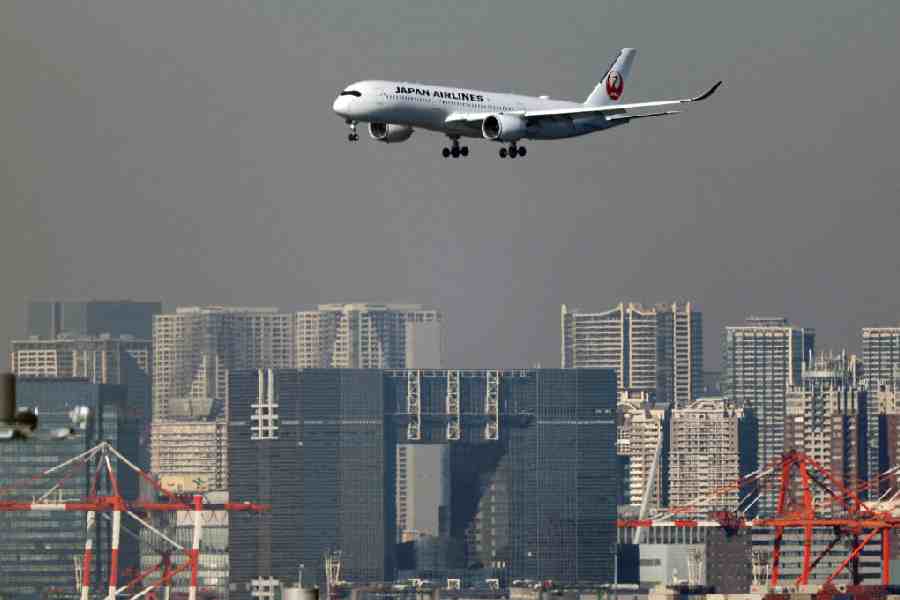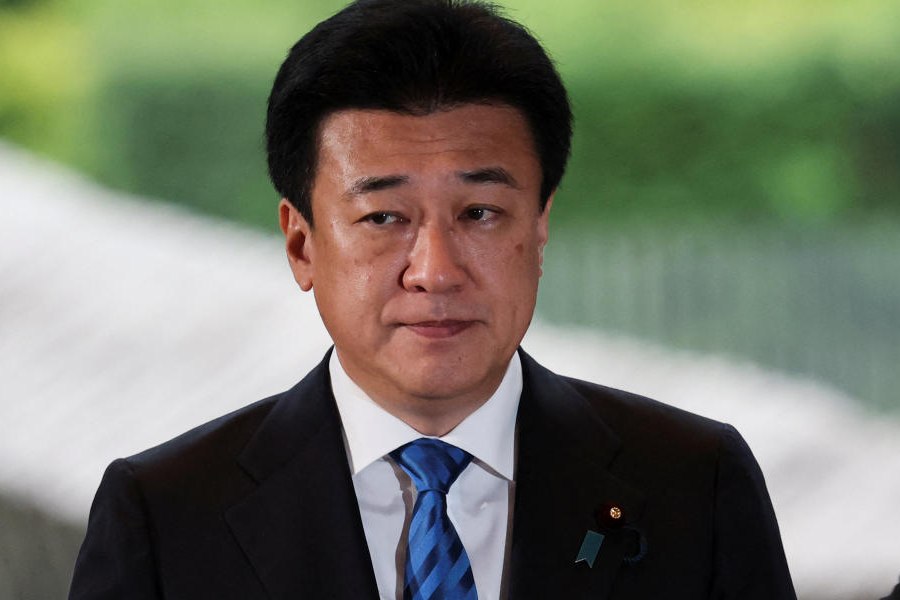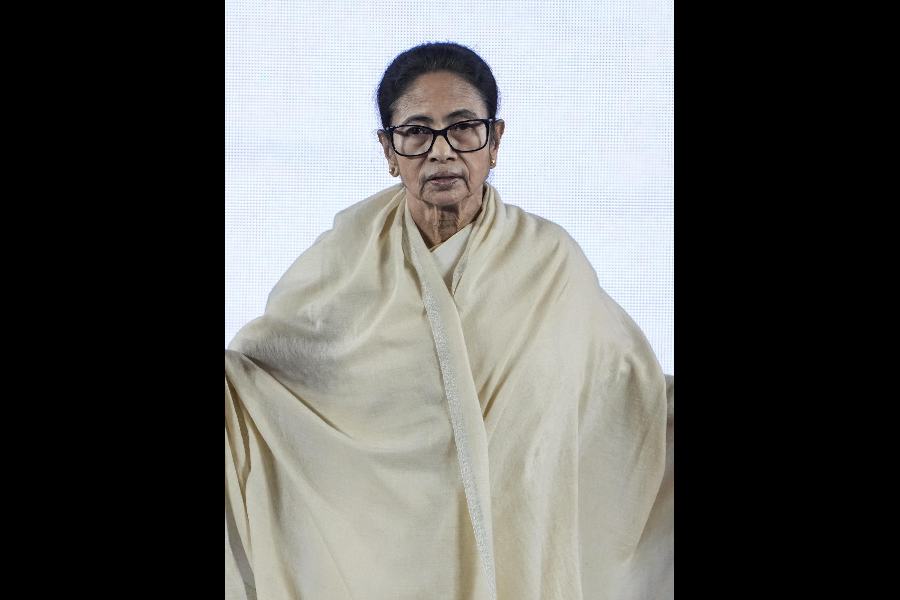A few words in Tokyo about how Japan might respond to an attack on Taiwan, the self-governed island, have spiralled into one of the most serious diplomatic clashes between China and Japan.
The fallout between the two Asian powers has turned into a multisector freeze. Air travel, tourism and student exchanges have been hit hard.
When Japan’s new Prime Minister Sanae Takaichi, the nation’s first female leader, first met with Chinese President Xi Jinping on the sidelines of the Asia-Pacific Economic Cooperation Summit in Gyeongju, South Korea, in October, she said she wanted to pursue a “mutually beneficial” relationship as well as to “deepen personal ties”.
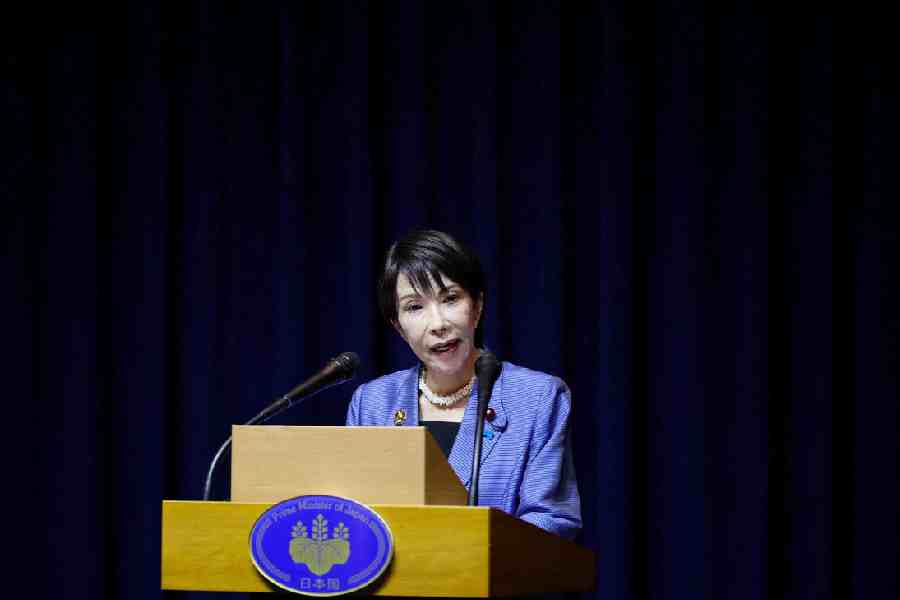
Japanese Prime Minister Sanae Takaichi (Reuters)
But just two weeks later, on her 7 November parliamentary remarks, Takaichi appeared to veer from Japan’s policy of “strategic ambiguity” towards Taiwan, suggesting that an attack on the island could amount to a “survival-threatening situation”.
Under Japanese law, such a scenario could permit Tokyo to exercise collective self-defence, including military response.
China reacted immediately. It considers Taiwan an inseparable part of its territory and has never ruled out using force to take control of the island.
Chinese officials and state media criticised Takaichi’s remark, which Beijing viewed as a direct challenge to its sovereignty.
The Japanese prime minister refused to retract her statement. She clarified they were “hypothetical”.
The damage was done.
The crisis extended to the waters surrounding the Senkaku Islands, a remote, uninhabited chain administered by Japan but claimed by China as the Diaoyu Islands.
On Sunday, China’s Coast Guard declared that its vessel formation 1307 had conducted “lawful patrol operations” in the islands’ “territorial waters” to uphold China’s rights and interests. Japan’s Coast Guard said it drove the ships away.
But the timing made their appearance more provocative, just days after Takaichi’s remarks.
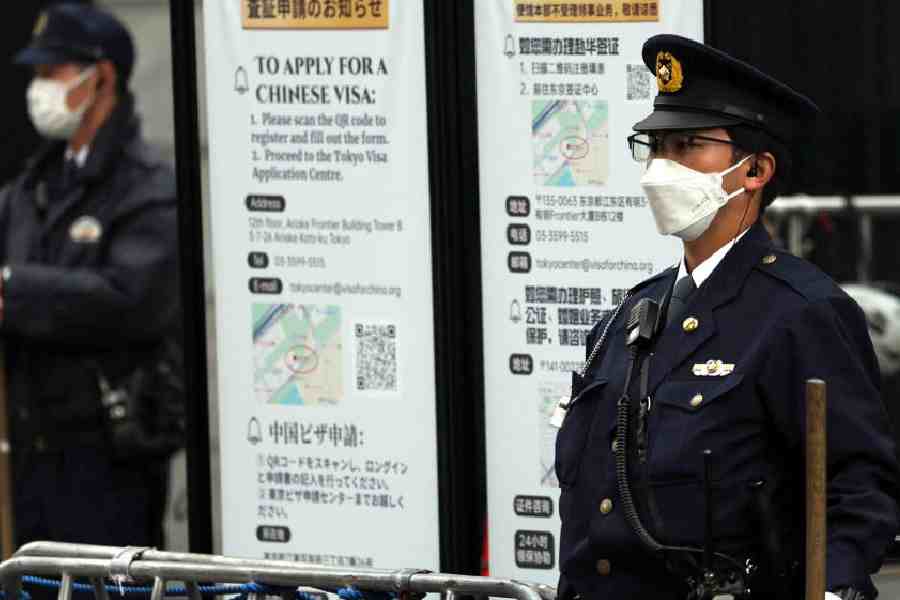
Japanese police officers stand guard at the entrance of the Chinese embassy in Tokyo (Reuters)
The tension intensified as Japan scrambled aircraft after detecting a suspected Chinese drone near Yonaguni, its southernmost island located close to Taiwan.
And now China has reached for one of its most potent tools, economic coercion.
The Chinese embassy in Japan issued a travel advisory urging citizens not to travel to Japan. It cited “explicit provocative remarks” by Japanese leaders regarding Taiwan and warned of “significant risks to the personal and life safety of Chinese citizens in Japan.”
Within hours, Air China, China Southern, and China Eastern announced they would offer passengers free changes or full refunds for trips to Japan through the end of the year.
The stakes are enormous.
Nearly 7.5 million Chinese tourists visited Japan in the first nine months of this year, according to Time and CNN.
They accounted for almost a quarter of all foreign arrivals. Losing that inflow even temporarily could deal a blow to Japanese tourism, retail and services.
The Chinese ministry of education also warned students of heightened risks in studying in Japan.
Japan responded by advising its own citizens in China to be more cautious, avoid crowded areas, and remain alert.
China is the second-largest source of tourists to Japan, and its students estimated last year to be about 120,000, form the bulk of Japan’s international student cohort, according to a Guardian report.
Even Chinese film distributors suspended screenings of several upcoming Japanese movies.
These included the animated “Crayon Shin-chan the Movie: Super Hot! Scorching Kasukabe Dancers” and “Cells at Work!”, both previously scheduled for release in mainland theatres.
Taiwan remains the central trigger.
For China, any foreign government referencing military response to a Taiwan conflict crosses a red line.
For Japan, Taiwan sits just over 110 km from their territory. Its waters form a crucial maritime route for trade, much of which Japan depends on.
Despite urgent diplomatic contact, both sides show little willingness to shift positions.
On Monday Tokyo dispatched a top foreign ministry official, Masaaki Kanai, to Beijing, where he was expected to meet with his Chinese counterpart, Liu Jinsong, Japanese reports said.
Chinese foreign ministry spokesperson Mao Ning urged Japan to withdraw the remark entirely.
She reiterated that Taiwan was a core Chinese interest and that foreign intervention was unacceptable.
(With inputs from agencies)

